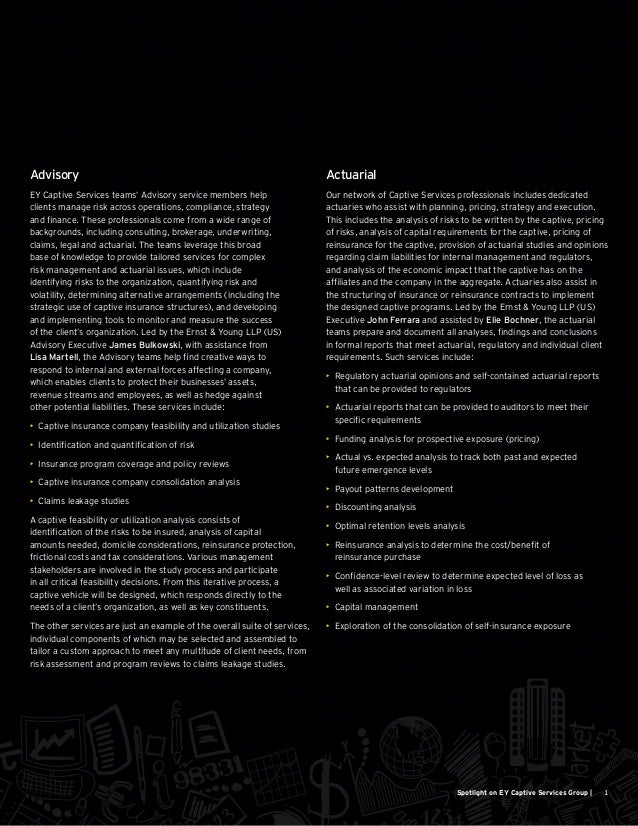Welcome to EY Perks at Work By leveraging the purchasing power of all our employees, you can save on almost everything you want to buy. Also, earn points for every dollar you spend and get even more stuff for free. The EY Digital Audit now connects more than 120,000 EY users across 150 countries, and 200,000 users at companies that EY member firms audit (with this number consistently increasing). Now in its fifth annual audit cycle, EY Canvas helps teams to deliver seamless audits across the globe.
Rico Racine, Producer: In Search of Myster Ey. Rico Racine was born as Enrico Racine. He is a producer and actor, known for In Search of Myster Ey (2008), Private Parts (1997) and Sins (2012). EY & Citi On The Importance Of Resilience And. ‘This Is Us’ Actress Jennifer C. Holmes Steps Into Her Spotlight. But, if the ticket delivery was delayed until the day before the. Buy Spotlight tickets from the official Ticketmaster.com site. Find Spotlight schedule, reviews and photos.
Ernst & Young GmbH, auditor to insolvent German fintech company Wirecard AG, had questions related to unorthodox arrangements under which the company’s cash was held in bank accounts it didn’t control as far back as 2016, according to emails seen by The Wall Street Journal.
The auditor subsequently signed off on three years of Wirecard’s financial results with those arrangements in place.
Now $2 billion that was held in those accounts has disappeared. Wirecard says the money probably doesn’t exist. On Friday, a German shareholder association filed a criminal complaint to the prosecutors’ office in Munich, where Wirecard is based, accusing EY auditors of missing the alleged fraud.
“We feel Ernst & Young’s auditing work was a disaster,” said Marc Liebscher, whose Berlin-based law firm is representing the private Wirecard investors who filed the complaint. “Our clients are convinced, Ernst & Young should stand trial.”
Ey Spotlight Tickets
EY said it had been duped along with everyone else. “There are clear indications that this was an elaborate and sophisticated fraud, involving multiple parties around the world in different institutions, with a deliberate aim of deception,” it said.
Wirecard’s fall from being regarded as a shining star of the European tech scene has been spectacularly quick. On Thursday, it filed for insolvency in a Munich court. The company’s value has all but evaporated. Markus Braun, a large shareholder and chief executive officer until last week, has been accused by prosecutors of inflating Wirecard’s sales volume with fake income. He was arrested and then released on bail Tuesday. Mr. Braun consistently denied wrongdoing at the company.
On Saturday, Wirecard said it and its units plan to continue operations. It said it is taking measures to resume business in the U.K., after financial regulators froze its operations there Friday. The company issued prepaid card and electronic wallets for consumers, among other things.
At the center of its downfall is the disappearance of $2 billion in cash Wirecard said it had but kept in trustee-controlled accounts because of an oddity in how Wirecard supposedly conducted a large part of its business.
Wirecard used third-party partners to process payments for it in markets where it didn’t have licenses. Wirecard’s revenue from those businesses was deposited in the trust accounts rather than paid straight to Wirecard.
The money held back in these accounts is equivalent to more than one quarter of total group revenue for Wirecard in the years 2016 through 2019.
Emails seen by the Journal show the auditor had questions about aspects of the unorthodox arrangement as early as in 2016.

Wirecard’s explanation for the arrangement was that much of the money was kept in the trustee accounts as a form of risk management. The cash was available to provide refunds and chargebacks to customers for things such as canceled airline tickets or disputed charges.
In October 2016, a senior manager at EY agreed to visit one of the third-party partners the following February, according to the emails seen by the Journal. He was to attend with one of EY’s audit partners, who had responsibility for signing Wirecard’s accounts.
The manager included a note to a Wirecard executive who looked after another third-party partner. The note said EY was preparing a presentation that would ask questions about a trustee account, similar to questions it had raised about the trustee account of another of Wirecard’s third-party partners.

EY declined to comment on the specifics of these emails. Last week, EY said it refused to sign off on the company’s accounts for 2019 after being given fake balance confirmations for the trustee accounts at two banks meant to be holding Wirecard’s money.
Ey Spotlight Tickets Online
By Patricia Kowsmann, Paul J. Davies and Juliet Chung, The Wall Street Journal, 27 June 2020
Ey Spotlight Tickets New York
Read more at The Wall Street Journal
Ey Spotlight Tickets 2019
RiskScreen: Eliminating Financial Crime with Smart Technology